Local and foreign experts have emphasised that a comprehensive disaster management programme is a must to prevent precious human lives in case of any natural disaster.
They also demanded that building codes must be modified in seismic zones, while quality of construction work must be ensured at all cost.
They were speaking at the International Conference on Management of Disaster organised by the Society of Surgeons of Pakistan, Lahore, here on Friday.
Speaking at the inaugural session, Punjab Minister for Health, Dr Tahir Ali Javed said that after October 8 earthquake, Pakistani nation proved itself as a great nation. The whole nation played an exemplary role for helping out the quake survivors.
Welcoming the holding of this moot, he said that there was a dire need to chalk out disaster management programme to tackle the situation in natural calamity.
Adviser to Chief Minister, Suhail Zafar Cheema, Chairman Organising Committee, Professor Dr Mahmood Shaukat, Secretary Media Co-ordination Committee Masood Akhtar Sheikh and Organising Secretary Dr Abrar Ashraf Ali also spoke on the occasion.
Tahir disclosed that the Punjab government had decided to establish an autonomous body to cope with the situation in case of natural calamities. The proposed body would have to take necessary arrangements like fire brigade, rescue service and civil defence in any emergency-like situation.
He further said that health professionals, government and NGOs must evolve a comprehensive code to tackle situation in case of disaster. He also expressed gratitude to the international community for extending all help for the quake survivors.
He hoped that participants of the conference would chalk out a comprehensive disaster management programme. He assured that the government would implement these recommendations. He said that the system, which the present government had inherited to cope with the incidents of fire, explosion and accident, was almost worn out.
The provincial government had already launched the Rescue 1122 service to help out victims of accidents, emergencies and disasters, he said, adding that this service would be extended to Rawalpindi, Sargodha, Multan, Bahawalpur, DG Khan, Gujranwala, Faisalabad, Murree and Sialkot. Besides, he said emergency care would be improved further at tehsil level whereas a training academy for emergency medical staff would also be set up at Lahore.
Expressing grave concern over the construction of basements and tall plazas in walled areas, he said that authorities concerned must ensure adherence of building codes in letter and spirit. He was of the view that construction of basements must be avoided.
Speaking on this occasion, Adviser to Chief Minister, Suhail Zafar Cheema, praised the Pak army for playing a leading role in the relief activities after October 8 earthquake.
He also lauded the role played by the people after this disaster. He said that the government was taking necessary steps for the reconstruction of quake-hit areas.
Dr Masood Akhtar Sheikh on this occasion suggested that a disaster management institution might be established where a unique emergency telephone number might also be allotted. Air ambulance service should be a part of the institution.
After the inaugural session, six technical sessions were held in which experts deliberated on medical problems in disasters, importance of building codes in high seismic zones. Major General Qasim Qureshi, GOC Mangla Cantt., spoke on role of Pakistan Army and its experience during the earthquake relief operations.
Dr Sohail Qureshi, Dr Rizwan Naseer, Ayesha Khan, Major General Iftikhar Malik (Retd) and Professor Javed Akram spoke on the importance of building codes in high seismic zones, emergency and rescue services, water, food and malnutrition, emergency blood bank and laboratory services, and medical problems in disasters, respectively.
BR100
15,115
Increased By
28.1 (0.19%)
BR30
43,048
Increased By
175.6 (0.41%)
KSE100
149,493
Increased By
257.8 (0.17%)
KSE30
45,518
Increased By
11.6 (0.03%)


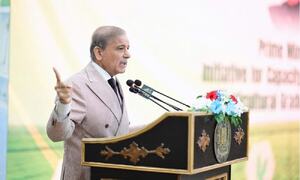










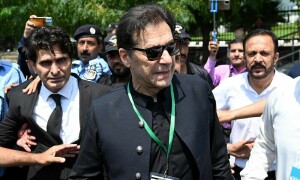
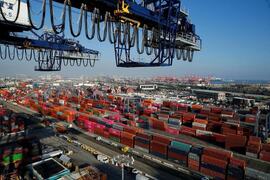


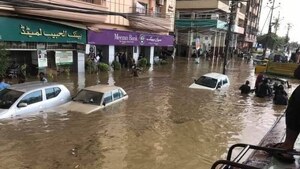

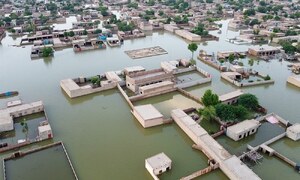
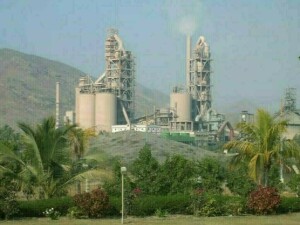


Comments
Comments are closed.